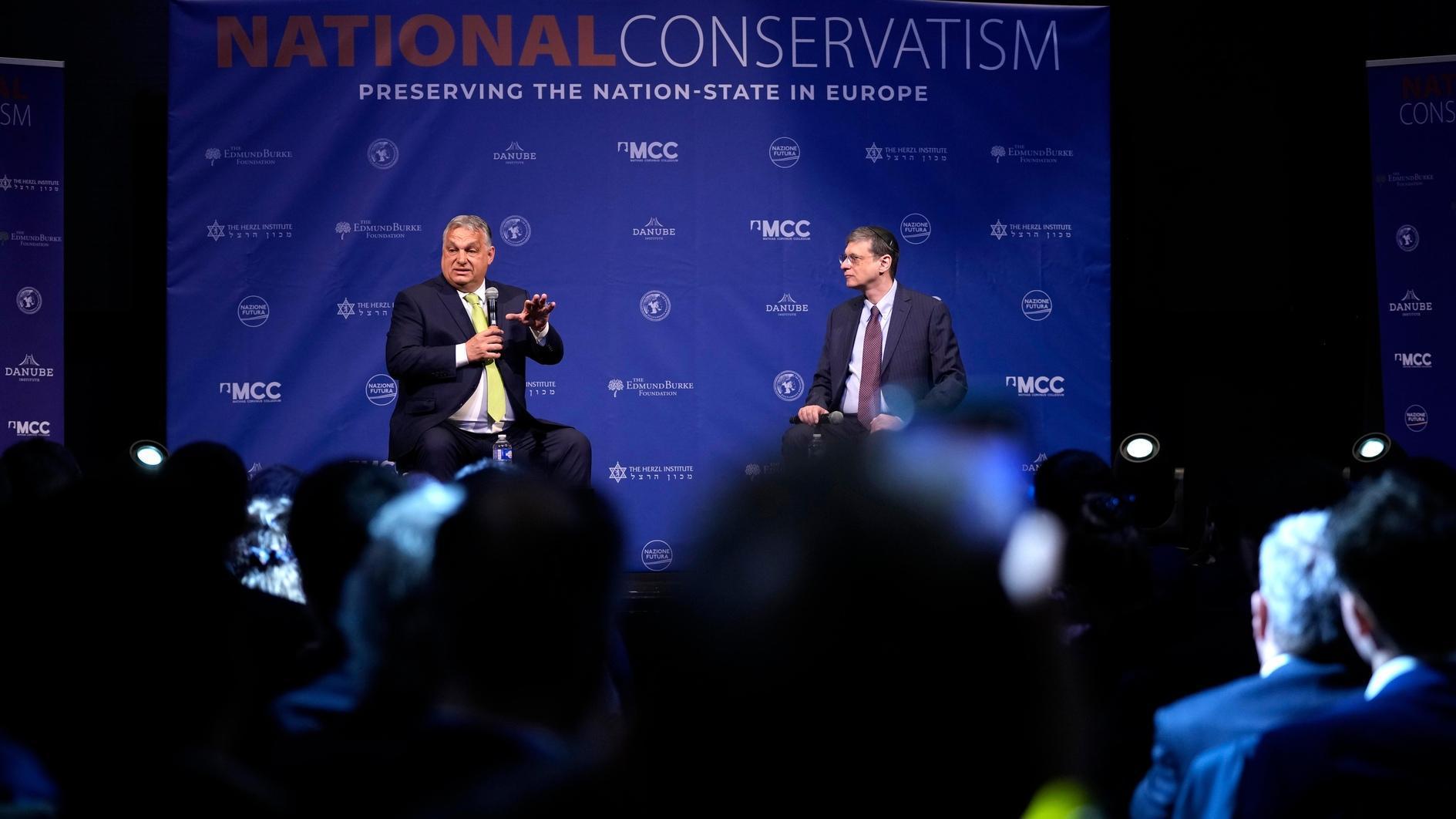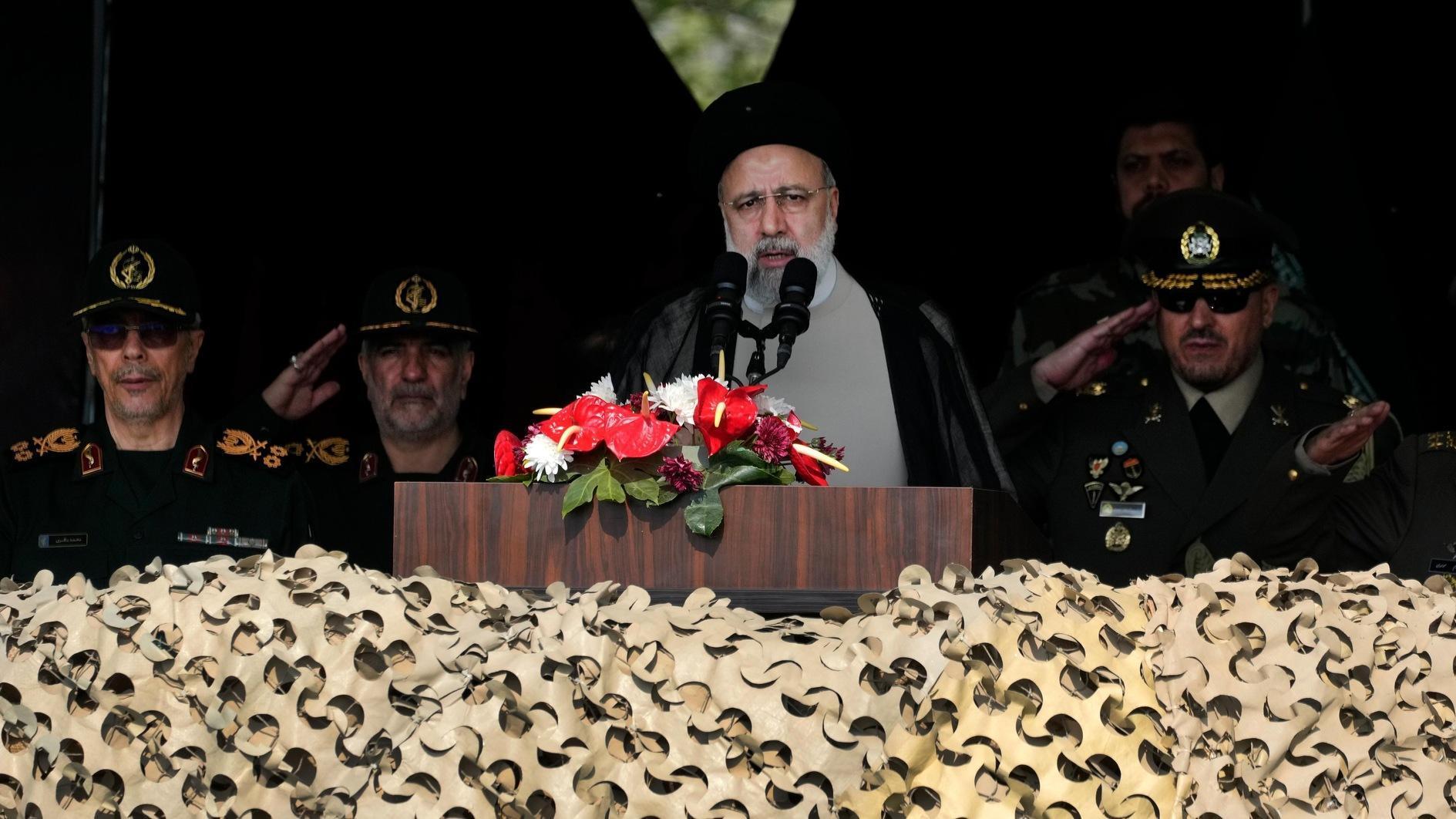Syria and the politics of hypocrisy
The governmental circles’ reaction to the recent Israeli strike on Syria can at best be defined as chutzpah or perhaps just as old-fashioned hypocrisy. Finally, it has emerged that the Israelis are supporting the Syrian regime by attacking it! Moreover, a columnist who is an arch-government supporter has a grand theory called “The New game in the Israel-Iran-Syria triangle” (Abdülkadir Selvi, Yeni Şafak, May 7). He thinks that Iran and Israel are prolonging the life of the Syrian regime for different reasons.
Wait a minute, this is not the whole story! According to Selvi, in fact, it is the Western world which has created this atmosphere by not supporting the Syrian opposition out of its concerns about Islamic radicalism. Moreover, it is the Western priority for “Israel’s security” that paved the way for the two enemies (Iran and Israel) to operate for “a new strategy.”
I know that it seems more conspiratorial than analytical, and indeed it is. Right-wing conspiratorialism is neither particular to some groups, nor a new phenomena. Nevertheless, it is a very clever conspiracy since it kills two birds with one stone. On one hand, it condemns the Israeli attack simply because it contributes to the endurance of the Syrian regime, while defining the Israeli attack not as an anti-al-Assad move but a pro-al-Assad one. Then, by portraying Israel and Iran as the actors in the same game, Turkey’s anti-Iranian position is legitimized in the eyes of conservatives, since Israel is typically already seen as the “absolute evil” in conservative circles.
By the way, one might also ask how, on one hand, Turkey is normalizing its weakened relations with Israel while still portraying Israel as an evil, on the other. First of all, we have to remember that Egypt after Anwar Sadat had commenced relatively good relations with Israel without ever admitting it publicly. Besides, Egypt after Sadat did not need to reverse popular anti-Semitism (under the name of anti-Zionism). Reading politics from the perspective of “Israeli lobbyism,” which often slides into tales about Jewish conspiracies, has become very common not only in anti-Western Arab countries, but also pro-Western ones. Right-wing political discourses in Turkey have always had similar traits, as officials have publicly admitted the Israeli alliance. Since the conservative takeover of political power, Turkey started to follow the double talk of the other regional countries.
Finally, Turkey is firmly in the Western camp, but its government attracts strong Western criticism for legitimizing its pro-Western policies. Since Israel is an inseparable part of any popular anti-Westernism, as well as part of an anti-Semitism discourse, no matter how relations improve, anti-Israel talk will prove useful. No doubt it is a clever strategy, but only in the short run. Otherwise, such politics have long proved to be very problematic throughout the Middle East, so Turkey would be wise not to follow the pattern.
In fact, the Western world has long turned a blind eye to such hypocritical politics in the region and indeed benefited from them, but they will eventually come face to face with the shortcomings.











